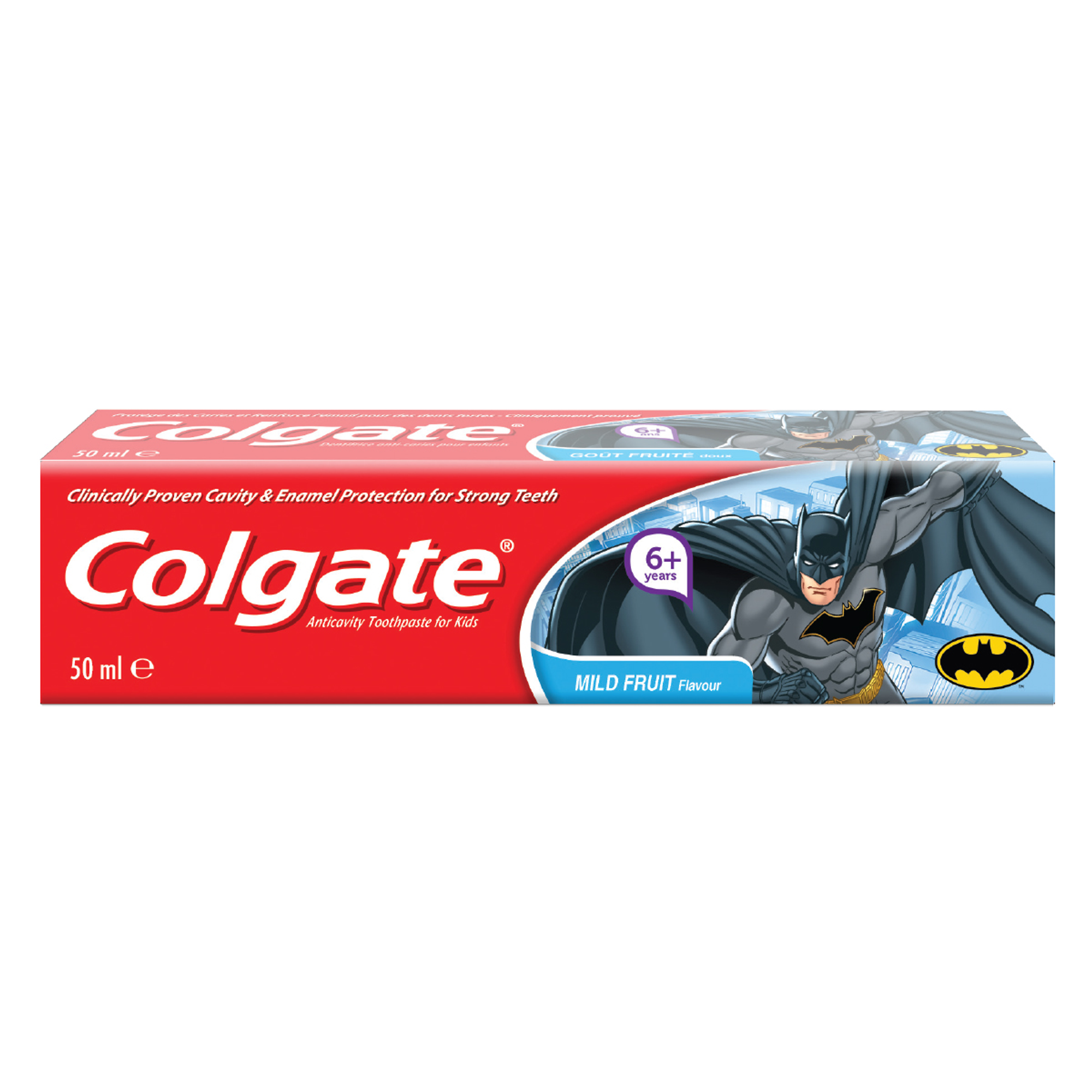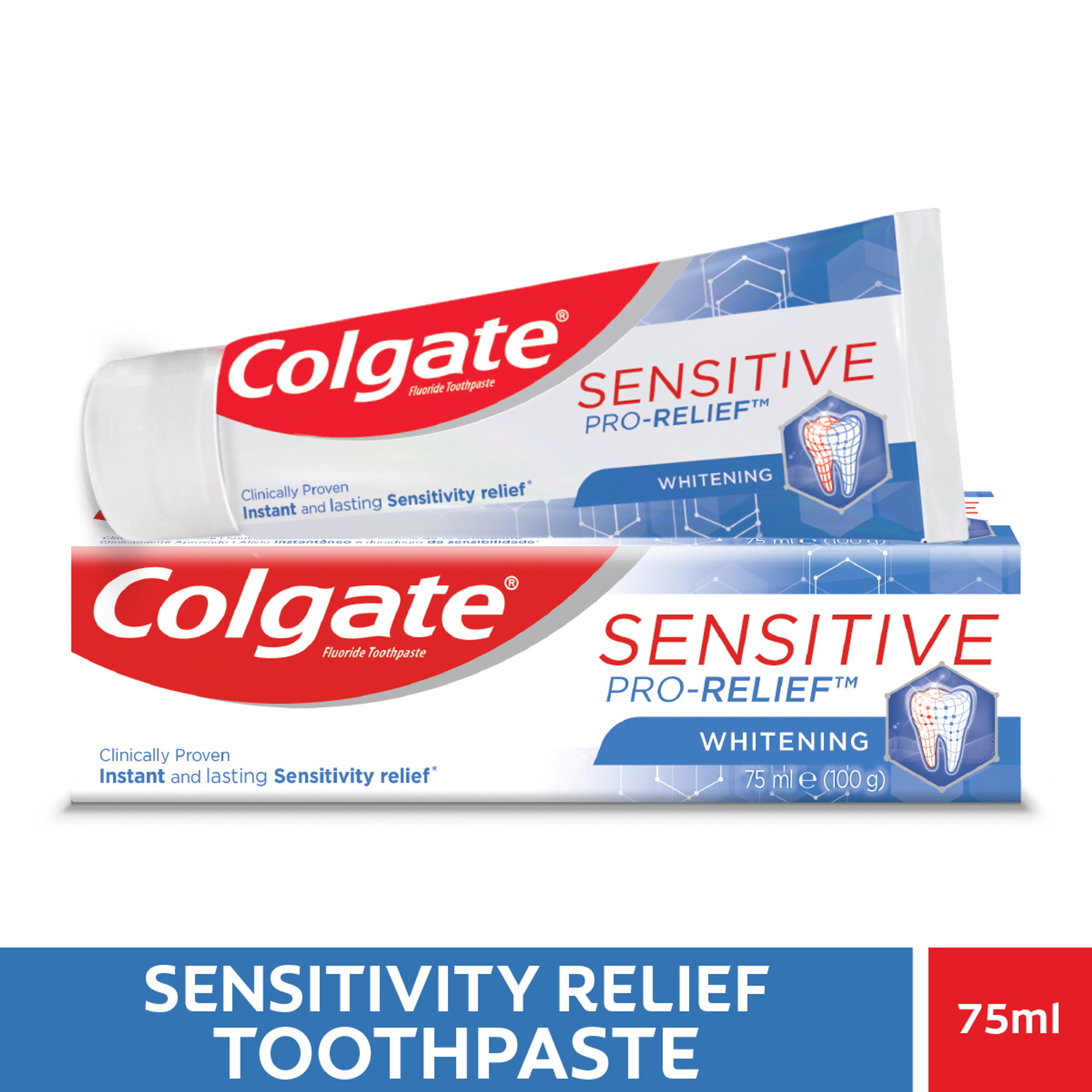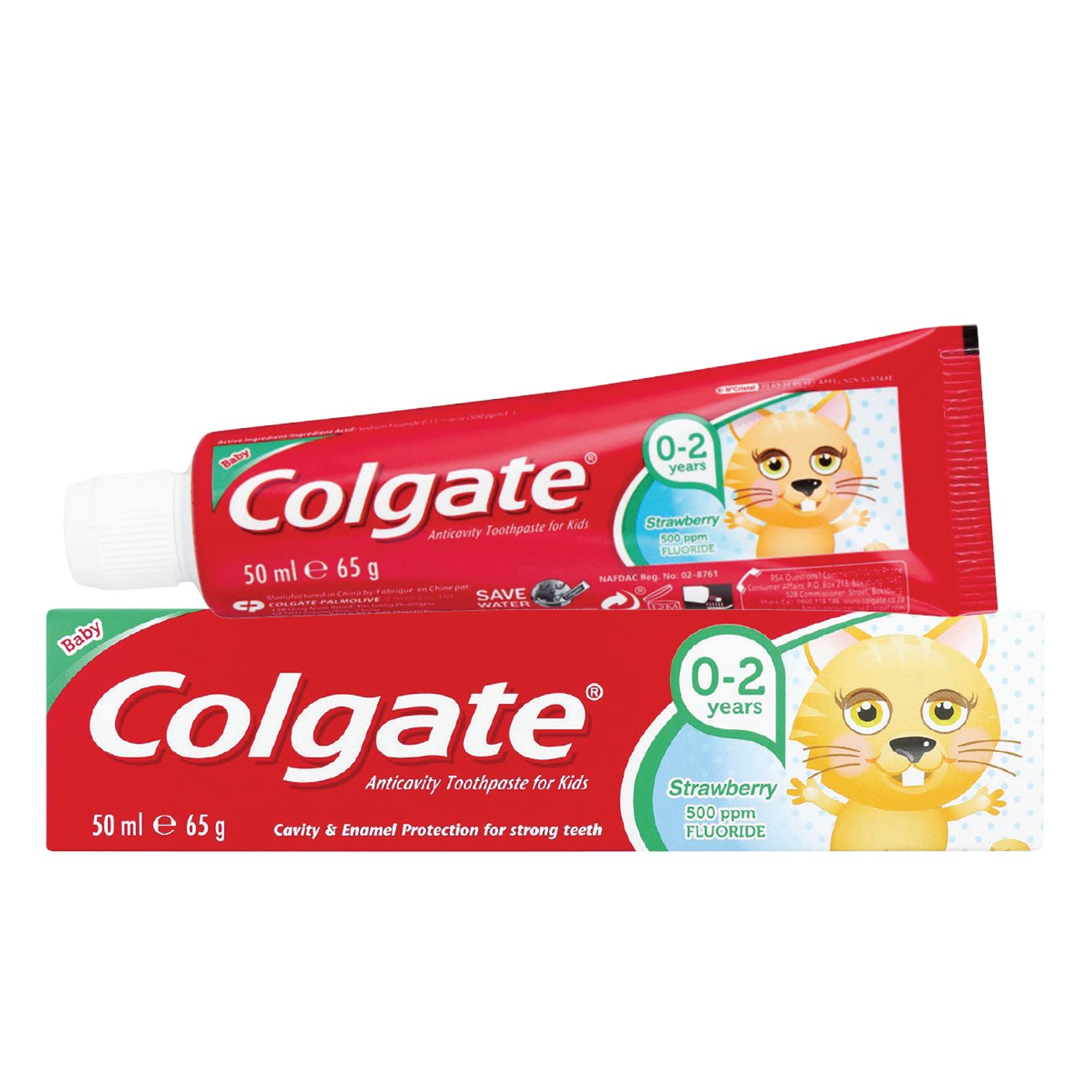-
-

CAVITIES
Can You Heal A Cavity At Home?You feel a sharp pain when you bite down or try to eat. You think it's a cavity, but you're not 100 percent sure...

BAD BREATH
How To Cure Bad BreathMore commonly known as bad breath, halitosis is an embarrassing hygiene issue that nobody wants, but some of us get every now and then...
-
Science & Innovation
- Colgate® | Toothpaste, Toothbrushes & Oral Care Resources
- Oral Health
- Common Signs Of Teething


The eruption of your baby's first tooth is a milestone event. According to Living and Loving, most babies will develop their first tooth around six months of age and have a complete set of primary teeth by three years. Although the most common signs of teething are irritability and excessive drooling, there are a number of other signs that may signal your child is teething. It can be a painful process, and all babies will deal with the discomfort differently.
Common indicators that can help keep your baby comfortable:
- Decreased sleeping. Have you noticed a significant change in the sleep pattern of your baby? Teething may be the culprit. While going through this process, many babies will find it more difficult to fall asleep and will wake up more often because of the pain caused by gum discomfort.
- Excessive biting or gnawing. A baby who is teething is likely to bite or gnaw on anything he can find. The pressure that biting or gnawing causes can help to relieve some of the pressure from the gums and provide temporary pain relief. Giving your baby a teething ring is a great way to help him through these times.
- Rubbing of the ear or cheek area. Signs of teething can also include pain that spreads to the ears and cheeks. When babies are experiencing these discomforts, they tend to pull at their ears or rub on their cheeks to find comfort. Although this behavior can indicate teething, it may also be an indicator that your child is suffering from an ear infection. If that is the case, it is advisable to visit the doctor.
- Loss of appetite. When a child is teething, their gums become tender and sore. As a result, they will typically refuse food. Naturally, the process of chewing can cause even more discomfort for the baby, resulting in a loss of appetite.
Ensure that you are cleaning and caring for your baby's teeth properly. Remember, good oral hygiene practices should begin even before the eruption of your baby's first tooth.
Related Products

Helping dental professionals
More professionals across the world trust Colgate. Find resources, products, and information to give your patients a healthier future











